When to Take a Cone off a Dog After Neutering: Expert Advice
Dog Health & Wellness
"Always full of great ideas. Both me and my dog love everything from PawSafe®. The No-Pull Dog Harness has made our walks safer and more enjoyable."

We love to drive our dogs with us everywhere, and when you hop in your car, the first thing you do is clip the seatbelt across your lap. But what's available to keep a dog re-strained in case of an accident? We don't think twice about buckling up our kids, so what's different about our dogs?
That's how our PawSafe® story started - with the idea for our bestselling Dog Seatbelt. Now, we've made it our mission to make sure every dog rides buckled up wherever they go.
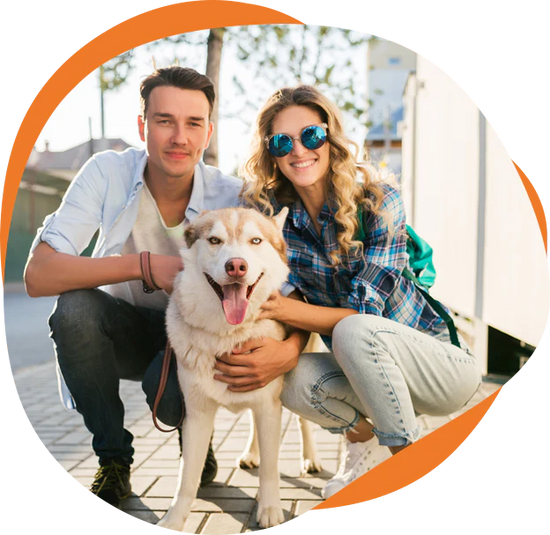
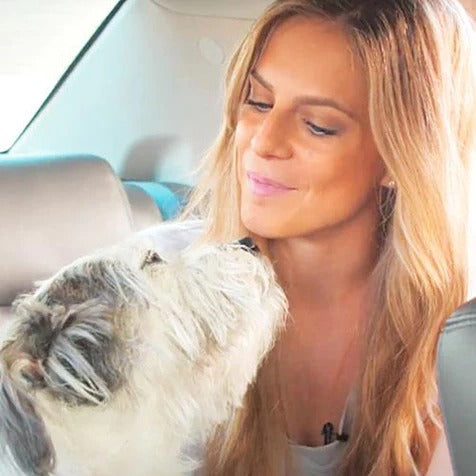
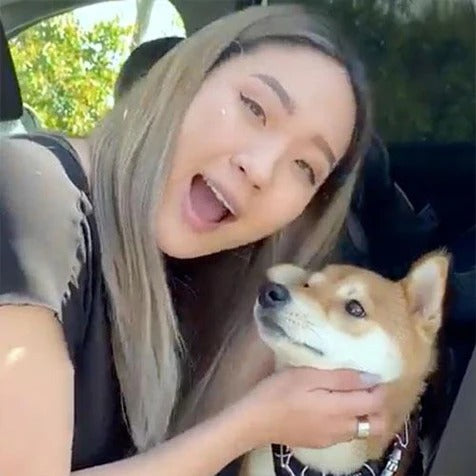

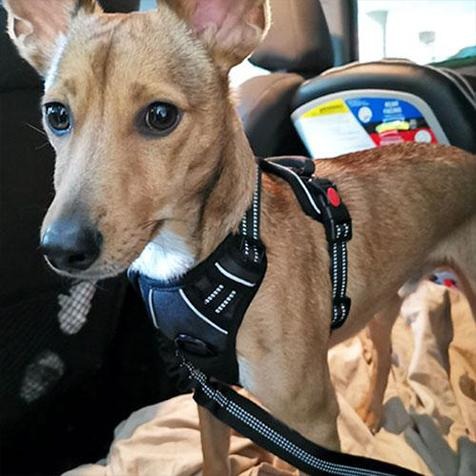

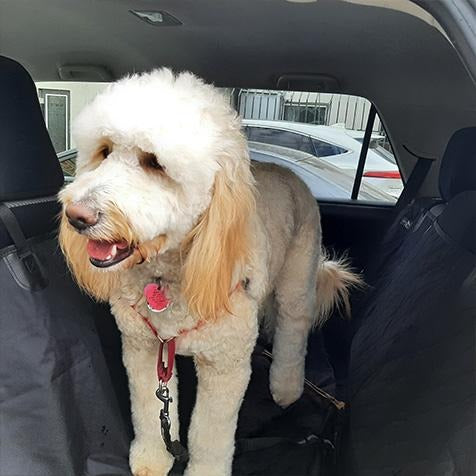
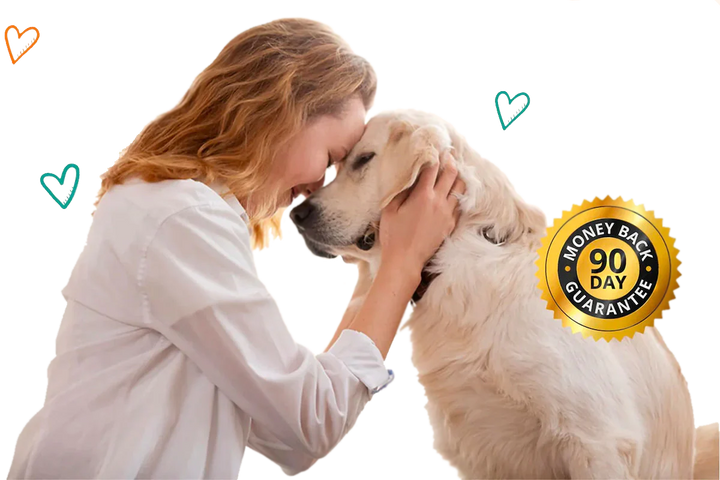
We want you to be happy with your purchase. If you or your pet don't get along with our products, you can return them within 90 days for a full refund. It's as simple as that. Just reach out to our customer support team and we'll make things right for you. That's our PawSafe® promise.